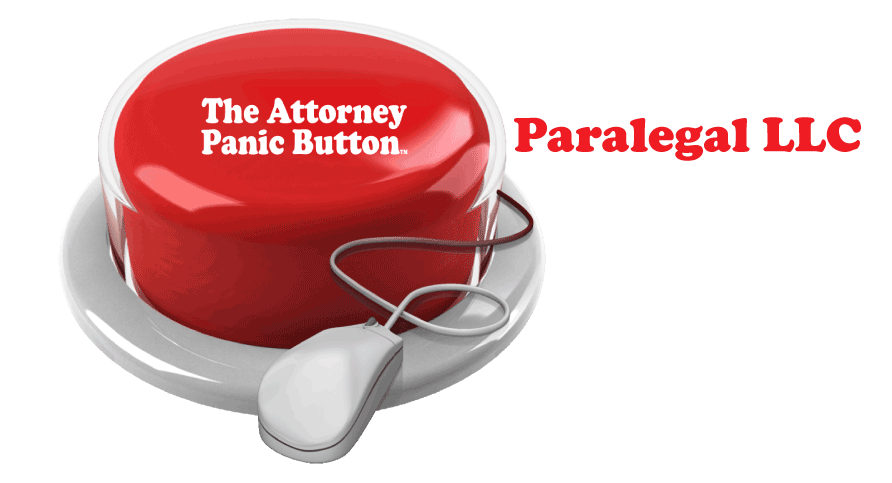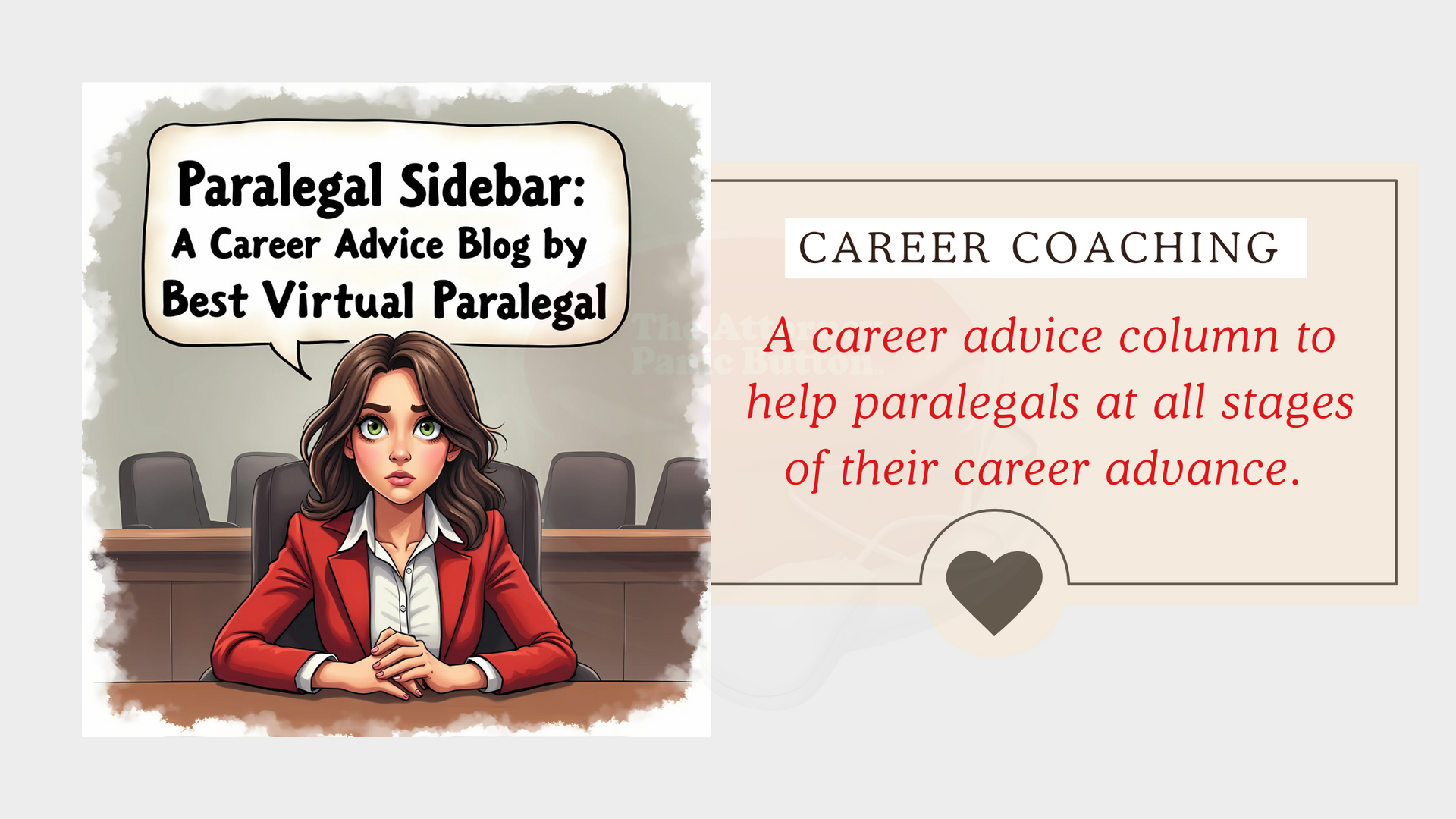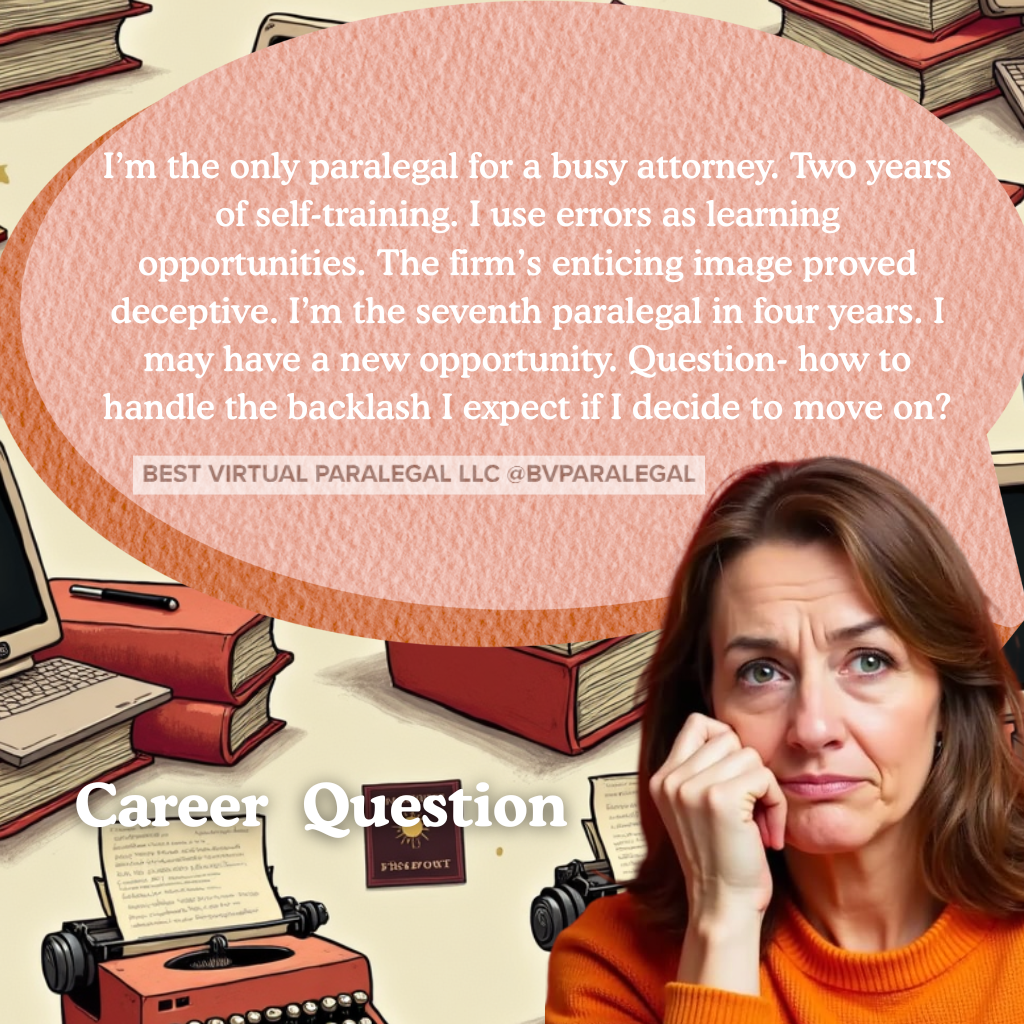Remember: Resigning from a job is a normal, professional act. You are making a strategic decision to advance your career and improve your well-being. You do not owe any employer your mental health. Repeat this to yourself. Your loyalty is to your career and your future.
2. Prepare Your Resignation: Short, Simple, and Unemotional
Your resignation should be in writing. It does not need to be a novel explaining all your grievances. In fact, it absolutely shouldn't be. Keep it professional and straight to the point.
Your letter should include:
• Your intention to resign from your position as a paralegal.
• Your final day of employment (providing a standard two weeks' notice is professional).
• A brief, polite closing.
Here is a sample template:
Dear [Attorney's Name],
Please accept this letter as formal notification that I am resigning from my position as a paralegal, effective two weeks from today's date. My last day of employment will be [Your Last Day].
I want to thank you for the opportunity, and I wish you and the firm all the best in the future. I am committed to ensuring a smooth transition during my final two weeks.
Sincerely,
[Your Name]
That’s it. You do not need to explain why you are leaving or where you are going. Doing so only opens the door for arguments and guilt trips. Don’t forget to keep a copy of the letter for your own records.
3. Control the Narrative During "The Talk"
Deliver the letter in person if possible, and email a copy afterward to the attorney and to your own personal email address. When you have the conversation, anticipate the potential for agitation. Your goal is to remain calm and professional, no matter the reaction.
• State your decision as final. Use phrases like, "I have made my decision," or "I have accepted another opportunity that is a better fit for my long-term career goals."
• Do not get drawn into an emotional debate. If the attorney becomes agitated, do not match their energy. A calm, "I understand your frustration, but my decision is final," is a powerful response.
• Reiterate your commitment to a smooth transition. This is your professional shield. "I am dedicated to preparing a thorough transition memo and organizing my files to make the handover as seamless as possible." This shows you are acting in good faith and makes it difficult for them to claim you are abandoning them.
4. The Two-Week Notice Period: Be the Ultimate Professional
This is where you build your professional armor. The best defense against backlash is to be unimpeachably professional. Spend your final two weeks creating a detailed "turnover" document or memo. For each major case, list:
• The current status.
• Upcoming deadlines (statutes of limitation, discovery deadlines, court dates).
• Contact information for clients and opposing counsel.
• The location of key documents (physical and digital).
• Any pending tasks that need immediate attention.
By creating this document, you are providing a tangible, professional hand-off. It protects you from any future accusations that you left things in disarray. Focus on your work, complete your tasks, and keep your interactions with the attorney focused solely on the transition. Two weeks’ notice for some situations are necessarily required. However, it is the most professional thing a paralegal can do.
You have recognized the red flags and are taking a courageous step toward a better future. Remember, you can’t control how the attorney responses to you giving notice. You can only control how you leave the toxic role. In some situations, whether you give proper notice or not your previous attorney may not be a good reference for you later. However, by using the strategies outlined here you improve your professionalism and you leave the door open for the attorney to give you a raving reference in the future. The temporary discomfort of a difficult resignation is a small price to pay for a long-term career in a supportive and healthy environment where you can truly thrive.
















